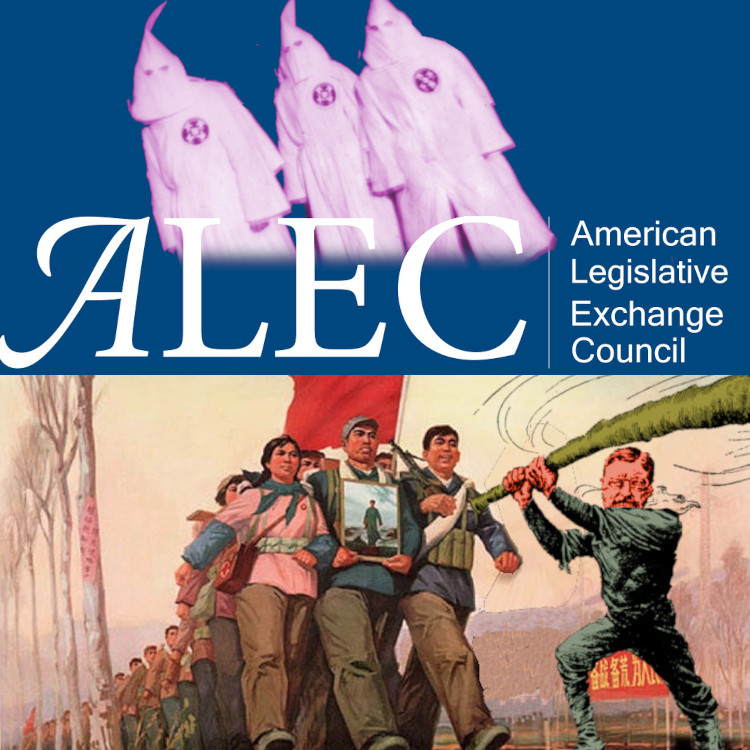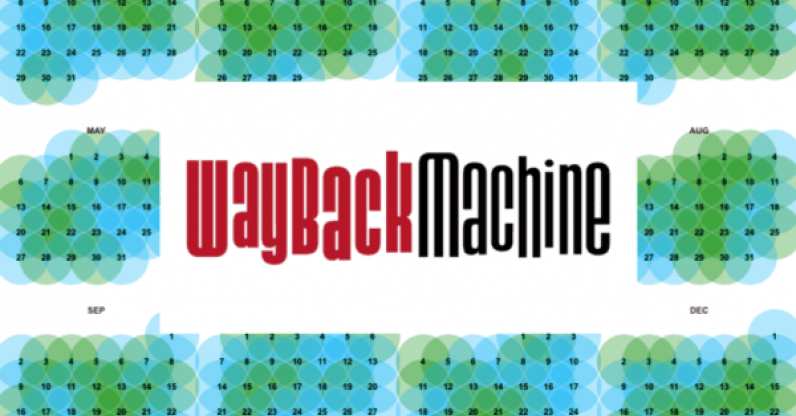
Today's Twitter threads (a Twitter thread).
Inside: Consumerism won't defeat Georgia's Jim Crow; China's antitrust surge; and more!
Archived at: pluralistic.net/2021/04/03/amb…
#Pluralistic
1/
Inside: Consumerism won't defeat Georgia's Jim Crow; China's antitrust surge; and more!
Archived at: pluralistic.net/2021/04/03/amb…
#Pluralistic
1/

Consumerism won't defeat Georgia's Jim Crow: You're not an ambulatory wallet.
2/
https://twitter.com/doctorow/status/1378412769591099395
2/

China's antitrust surge: "Consumer welfare" means corporate rule.
3/
https://twitter.com/doctorow/status/1378413254280499203
3/

#10yrsago TEDxObserver talk on kids and privacy theguardian.com/tedx/cory-doct…
#5yrsago Panama Papers: Largest leak in history reveals political and business elite hiding trillions in offshore havens theguardian.com/news/2016/apr/…
4/
#5yrsago Panama Papers: Largest leak in history reveals political and business elite hiding trillions in offshore havens theguardian.com/news/2016/apr/…
4/

#5yrsago America’s teachers are being trained in a harsh interrogation technique that produces false confessions web.archive.org/web/2016040414…
#5yrsago LA’s new rule: homeless people are only allowed to own one trashcan’s worth of things latimes.com/local/californ…
5/
#5yrsago LA’s new rule: homeless people are only allowed to own one trashcan’s worth of things latimes.com/local/californ…
5/

#1yrago Amazon's leaked anti-worker smear plan pluralistic.net/2020/04/03/soc…
#1yrago The Tea Party killed pandemic preparedness pluralistic.net/2020/04/03/soc…
6/
#1yrago The Tea Party killed pandemic preparedness pluralistic.net/2020/04/03/soc…
6/

Yesterday's threads: The zombie economy and digital arm-breakers; and more!
7/
https://twitter.com/doctorow/status/1378007718963769348
7/

My latest novel is Attack Surface, a sequel to my bestselling Little Brother books. @washingtonpost called it "a political cyberthriller, vigorous, bold and savvy about the limits of revolution and resistance."
Get signed books from @darkdel: darkdel.com/store/p1840/Av…
8/
Get signed books from @darkdel: darkdel.com/store/p1840/Av…
8/
My book "How to Destroy Surveillance Capitalism" is a critique of Big Tech connecting conspiratorial thinking to the rise of tech monopolies (proposing a way to deal with both) is now out in paperback:
onezero.medium.com/how-to-destroy…
Signed copies here:
darkdel.com/store/p2024/Av…
9/
onezero.medium.com/how-to-destroy…
Signed copies here:
darkdel.com/store/p2024/Av…
9/

My ebooks and audiobooks (from @torbooks, @HoZ_Books, @mcsweeneys, and others) are for sale all over the net, but I sell 'em too, and when you buy 'em from me, I earn twice as much and you get books with no DRM and no license "agreements."
craphound.com/shop/
10/
craphound.com/shop/
10/

Upcoming appearances:
* All the Teachable Things I Know About Writing, Apr 13, changinghands.com/event/april202…
* Interop: Self-Determination vs Dystopia (FITC), Apr 19-21, fitc.ca/presentation/i…
11/
* All the Teachable Things I Know About Writing, Apr 13, changinghands.com/event/april202…
* Interop: Self-Determination vs Dystopia (FITC), Apr 19-21, fitc.ca/presentation/i…
11/

Recent appearances:
* Right to Repair, Monopolies, and Solarpunk
* The surveillance state, digital monopolies, and why we should be worried (Podsongs)
anchor.fm/podsongs/episo…
* Conspiracy Theories (Utopian Horizons):
soundcloud.com/utopianhorizon…
12/
* Right to Repair, Monopolies, and Solarpunk
* The surveillance state, digital monopolies, and why we should be worried (Podsongs)
anchor.fm/podsongs/episo…
* Conspiracy Theories (Utopian Horizons):
soundcloud.com/utopianhorizon…
12/

My first picture book is out! It's called Poesy the Monster Slayer and it's an epic tale of bedtime-refusal, toy-hacking and monster-hunting, illustrated by Matt Rockefeller. It's the monster book I dreamt of reading to my own daughter.
pluralistic.net/2020/07/14/poe…
13/
pluralistic.net/2020/07/14/poe…
13/

You can also follow these posts as a daily blog at pluralistic.net: no ads, trackers, or data-collection!
Here's today's edition: pluralistic.net/2021/04/03/amb…
14/
Here's today's edition: pluralistic.net/2021/04/03/amb…
14/
If you prefer a newsletter, subscribe to the plura-list, which is also ad- and tracker-free, and is utterly unadorned save a single daily emoji. Today's is "🤱🏻". Suggestions solicited for future emojis!
Subscribe here: pluralistic.net/plura-list
15/
Subscribe here: pluralistic.net/plura-list
15/
Are you trying to wean yourself off Big Tech? Follow these threads on the #fediverse at @pluralistic@mamot.fr.
Here's today's edition: mamot.fr/@pluralistic/1…
16/
Here's today's edition: mamot.fr/@pluralistic/1…
16/
• • •
Missing some Tweet in this thread? You can try to
force a refresh









